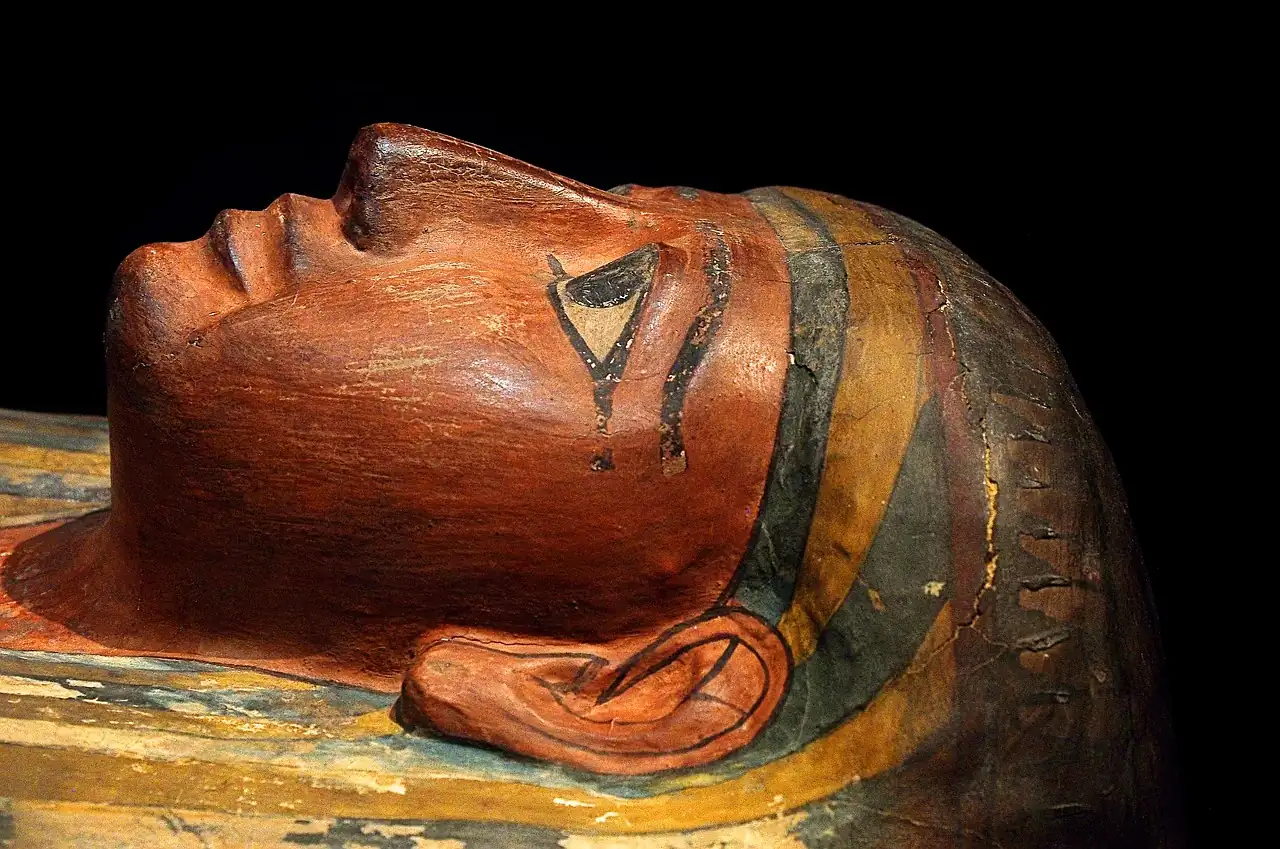Question
My wife recently shared a Hadith from Tirmidhi, which mentions that Angel Gabriel shoved mud into Pharaoh’s mouth during his final moments to prevent him from uttering the Shahadah. I have two questions regarding this:
How can Angel Gabriel act on his own?
It’s already established that repentance is not accepted in one’s final moments, so why did Gabriel need to prevent Pharaoh from saying the Shahadah?
Answer
Salaam
Thank you for writing to us.
You have raised two questions regarding the hadith reported in Tirmidhi. To address these, we will first analyse the hadith itself, as this will naturally clarify the issues you have mentioned. The hadith under consideration is as follows:
عَنِ ابْنِ عَبَّاسٍ، أَنَّ النَّبِيَّ صلى الله عليه وسلم قَالَ “ لَمَّا أَغْرَقَ اللَّهُ فِرْعَوْنَ قَالَ آمَنْتُ أَنَّهُ لاَ إِلَهَ إِلاَّ الَّذِي آمَنَتْ بِهِ بَنُو إِسْرَائِيلَ فَقَالَ جِبْرِيلُ يَا مُحَمَّدُ فَلَوْ رَأَيْتَنِي وَأَنَا آخُذُ مِنْ حَالِ الْبَحْرِ فَأَدُسُّهُ فِي فِيهِ مَخَافَةَ أَنْ تُدْرِكَهُ الرَّحْمَةُ
Narrated Ibn ‘Abbas: that the Messenger of Allah (pbuh) said: “When Allah drowned Pharaoh he said: ‘I believe that there is no god except the One that the children of Isra’il believe in.’ So Gabriel said: ‘O Muhammad! If you could only have seen me, while I was taking (the mud) from the sea, and filling his mouth out of fear that the mercy would reach him.’
Hadith 3107
This report is also present in other collections of hadith such as Musnad Ahmad and Al-Mustadrak ala al-Sahihayn. In the Mustadrak, Imam Hakim states the following after writing this hadith report:
هذا حديث صحيح على شرط الشيخين ولم يخرجاه ، إلا أن أكثر أصحاب شعبة أوقفوه على ابن عباس
This is a sahih (authentic) hadith according to the criteria of Bukhari and Muslim, but they did not include it in their collections. However, most of Shu’bah’s companions have reported it as being mawquf (a statement attributed to Ibn Abbas rather than the Prophet).
Imam Zamakhshari in his Tafsir al-Kashshaf has remarked that the last part of this hadith report must be taken as an addition by the transmitters and it cannot be attributed to the Prophet Muhammad (pbuh). The Imam raises severe objections to this part of the report. He writes:
والذي يحكي أنه حين قال { ءامَنتُ } أخذ جبريل من حال البحر فدسه في فيه، فللغضب لله على الكافر في وقت قد علم أنّ إيمانه لا ينفعه. وأمّا ما يضم إليه من قولهم خشية أن تدركه رحمة الله فمن زيادات الباهتين لله وملائكته وفيه جهالتان، إحداهما أنّ الإيمان يصحّ بالقلب كإيمان الأخرس، فحال البحر لا يمنعه. والأخرى أنّ من كره إيمان الكافر وأحبّ بقاءه على الكفر فهو كافر لأن الرضا بالكفر كفر
It is said that when Pharaoh declared, ‘I believe,’ Gabriel took mud from the sea and placed it in his mouth, showing anger for Allah against the disbeliever, knowing that his faith at that moment would not benefit him. As for the claim that it was done out of fear that Allah’s mercy might reach him, this is an addition by those who fabricate lies about Allah and His angels, and it contains two significant errors. The first is that faith is established in the heart, just like the faith of a mute person, and the mud of the sea would not prevent that. The second error is that anyone who despises a disbeliever professing faith and prefers that they remain in disbelief is a disbeliever himself because being pleased with disbelief is disbelief itself.
Tafsir al-Kashshaf, 10:90
Following Zamakhshari, Imam Razi also voiced similar objections regarding this report. Imam Nisaburi, in his exegesis, comments on this report as follows:
يروى أن جبريل أخذ يملأ فاه بالطين حين قال: آمَنْتُ لئلا يتوب غضبا عليه، والأقرب عند العلماء أن هذا الخبر غير صحيح
It is narrated that Gabriel filled Pharaoh’s mouth with mud when he said, “I believe,” to prevent him from repenting, out of anger towards him. However, the prevailing view among scholars is that this report is not authentic.
In our understanding, the concluding part of the hadith report may not be safely attributed to the Prophet Muhammad (pbuh). The act of angel Gabriel shoving mud in Pharaoh’s mouth may perhaps be understood as a display of anger, given the history of Pharaoh’s horrendous crimes. It seems that Allah was not even willing to hear a worthless profession of faith from an arrogant disbeliever and hence, commanded Gabriel to not let Pharaoh utter these words.
Further, in our understanding, the angels do have free will. However, whatever directive they receive from Allah is implemented by them as His obedient subordinates. Their own intention or exercise of authority is not involved in this process in any way. They are an embodiment of obedience and never disobey Allah in the slightest of ways. The Qur’an says:
وَهُمْ لاَ يَسْتَكْبِرُونَ يَخَافُونَ رَبَّهُم مِّن فَوْقِهِمْ وَيَفْعَلُونَ مَا يُؤْمَرُونَ
And they are not defiant to the slightest and fear their Lord, Who is above them and do exactly as they are bidden.
Qur’an 16:49-50
I hope this helps.
Regards,
Mushfiq Sultan
Assistant Fellow, Al-Mawrid









